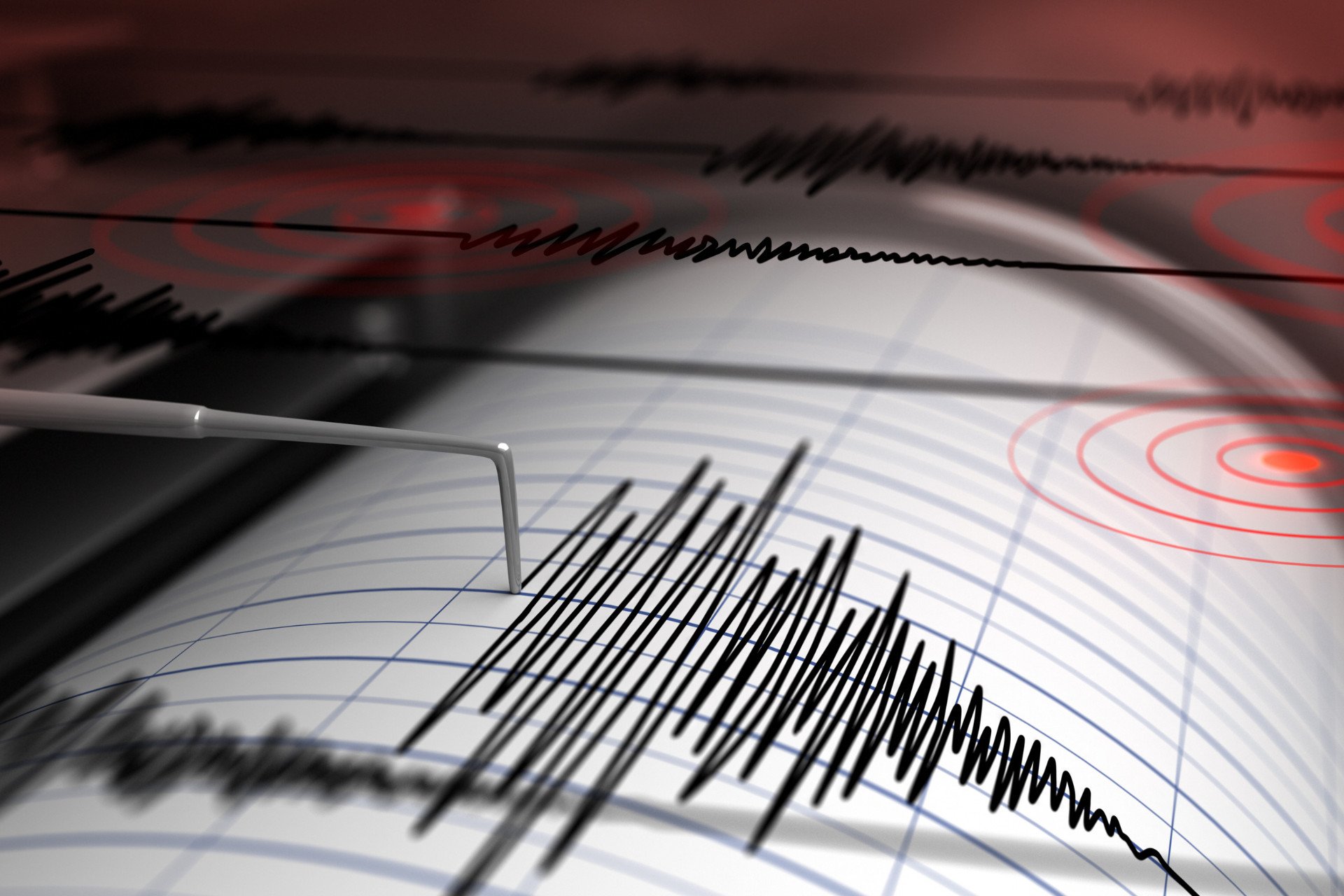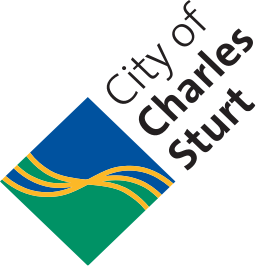
Communities in the City of Charles Sturt could experience a damaging and deadly earthquake at any time.
Earthquakes are caused when two blocks of the earth suddenly slip past one another. Vibrations spread out from the epicentre which makes the ground shake and produces a loud rumbling sound.
Earthquakes can damage buildings and infrastructure resulting in losses due to disruption of economic activity, death, polluted water supplies, and damage to wildlife habitats.
Individuals should be aware of their own earthquake risk by actively preparing to protect their own life and property. It is not possible to predict the timing and size of an earthquake.
Emergencies are expensive and can become a significant long-term burden. To ensure that your finances are safeguarded you can protect your main income source by taking out life insurance and income protection insurance.
It is worthwhile having a plan for what you would do if your usual ways of getting groceries, petrol or medical supplies are disrupted for several days.
- Understand your risk
- Put together an emergency kit and earthquake plan
- Have temporary care lined up for your pets
- Know how to turn off your utility connections
- Keep your house maintained and fix potential hazards in your home or business
- Teach your family the Drop Cover and Hold rules
- Build to Australia’s Building Codes
If you are indoors when an earthquake hits, stay there.
- Do not try to exit a building during an earthquake there is likely falling debris
- Wait until the shaking stops and you are sure it is safe to exit
- Look for strong tables or desks that can provide shelter from falling debris
- Look for places next to an interior wall
- If you are in bed: do not try to transfer during the shaking
- Cover your head and neck with your arms or a pillow until the shaking stops
Stay away from:
- Windows that can shatter
- Tall furniture and hanging objects that can tip, fall or drop on you
- Fireplaces with chimneys that can topple over and fall through the roof
- In modern homes doorways are strong however doors can swing and injure you
- Do not use escalators or lifts
Who should I contact?
To report an emergency or life-threatening situation call 000 (triple zero)
For all other situations SA Police - 131 444
Do not overload phone lines with non-emergency calls.
If you must use your mobile phone to contact your family do it with text messages.
How to act safely after an earthquake
Follow advice or directions given by the emergency services.
Know that earthquakes can also cause:
- Fires (from ruptured gas lines). If safe to do so, put out small fires
- Damage to containers holding hazardous materials
- Tsunamis
- Soil liquefaction
If someone is bleeding put direct pressure on the wound - use gauze or cloth.
Do not move a seriously injured person unless they are in immediate danger.
For life-threatening injuries call 000 (triple zero)
First aid skills
In the immediate aftermath of an earthquake event people with first aid skills can become an important resource for the community. Community members who know first aid will be beneficial for treating many non-life-threatening injuries.
Before entering or leaving your property make sure it is safe to do so.
- Stay away from brick walls and chimneys with visible cracks
- Stay away from downed powerlines and objects in contact with them
After an event check your environment your surroundings may have changed.
- Check yourself for injury
- Check your property and utilities for damage
- Do not wait for an official warning before moving to a safe place
- Evacuate only if necessary if your building is damaged get out straight away
If you smell gas or hear a blowing or hissing noise:
- Open windows
- Do not use any electrical appliances as they create a spark
- Turn off the gas at the meter or bottle
Turn the power off at the mains if you are unsure if there is electrical damage.
Stay informed - Listen to your local ABC Radio Station
- Help others, including neighbours
- Do not drive unless it is an emergency
- Make use of the supplies from your emergency kit
- Start your recovery and clean-up
- Seek relocation support from friends and family if your house is not safe to live in
- Expect aftershocks. Each time Drop, Cover and Hold
